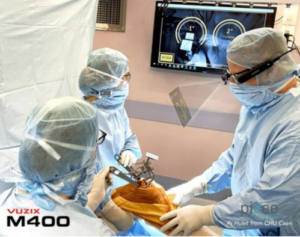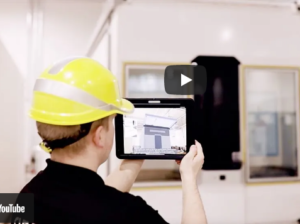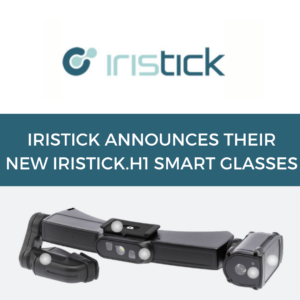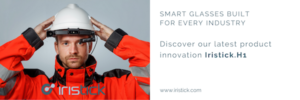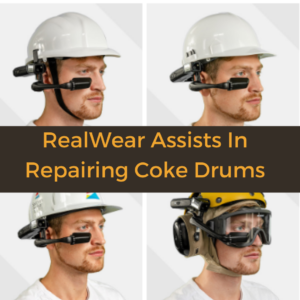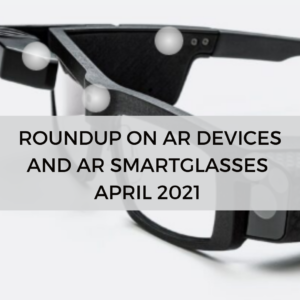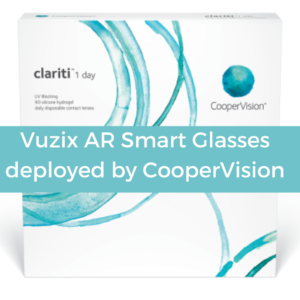The project will initially use Vuforia Studio technology to overlay live data – taken from the ThingWorx® industrial platform – to various points of the facility, so that operators moving around will be able to make informed decisions on changes to casting and melting lines or troubleshoot issues before they happen.
It is anticipated that Augmented Reality will make it easier for staff to hae the right information at exactly the right point they need it, whilst the use of HoloLens and RealWear glasses will mean the individual has both hands free to complete tasks.
This project will contribute to the sector’s longer-term desire to move towards a net zero steel works by 2050 and is part of the £22m PRISM steel and metals sector research and innovation programme being delivered by the Materials Processing Institute with funding provided through Innovate UK, part of UK Research and Innovation.
“The successful implementation of digital technologies has the potential to save tens of £millions every year,” explained Chris Oswin, Group Manager of Digital Technologies at the Materials Processing Institute.
“We are taking responsibility for exploring IIoT platforms and AR and working out how we can get the most out of them in a live steel plant, learning from testing and trials to identify best use cases.”
He continued: “This means we absorb a lot of the time and remove the initial expenditure that could act as a barrier to entry for companies in our industry, hopefully encouraging digital adoption as we will have proved it works and how it can be applied to businesses.
“PRISM is guided by a team of industry leaders on our Industrial Advisory Board, including the Aluminium Federation, British Manufacturing Plant Constructors’ Association, British Steel, Celsa Steel, Liberty Steel, Outokumpu Stainless Steel, Sheffield Forgemasters, Swansea University, Tata Steel and the UK Metals Council.”
The Materials Processing Institute has a long-term relationship with PTC, with the latest project following on from the introduction of ThingWorx as part of the £10m programme to explore how digital technologies can be implemented in brownfield manufacturing sites.
In addition to optimising processes and introducing new efficiency improvements, Augmented Reality will also be used to capture some of the traditional skills in the sector that could be lost if the knowledge of older workers is not retained before they retire.
This will be achieved by using PTC’s Vuforia ® software, with Vuforia Expert Capture allowing operators and technicians to film their daily tasks in step-by-step instructions, in situ of when and where they do their work.
This will be uploaded to ‘the Cloud’, which can then be accessed by new starters or people switching roles, using HoloLens or RealWear to get a real hands-on experience, or other devices such as mobiles, tablets or on desktop computers.
Furthermore, for problem resolution and live ‘on the job’ support, there is Vuforia Chalk. Using mobile devices, digital eyewear or seated at a desk – experts can connect with on and off-site employees and customers and collaborate in real-time. It combines live video, audio and the ability for remote and local participants to annotate their live shared view and mark-up the real-world environment.
“If we don’t act soon, we stand to lose so much knowledge from the industry and AR gives us a cost effective and easy way to retain skills and experience in a virtual library for generations to come,” added Chris.
“Working closely with PTC’s experts, we can tailor how we capture information, footage and skills in what is a very demanding and intense environment. We believe we’ve got the initial framework to start the roll-out and will continue to adapt the processes as we understand more about how digital technologies can play a role.”
David Grammer, general manager for UKI for PTC, went on to add: “Covid-19 has definitely thrust the digital thread into the spotlight, but there is still a resistance to adoption due to a lack of awareness of how it will deliver a genuine business benefit.
“This project with the Materials Processing Institute gives an entire sector the opportunity to explore how AR can be applied and developed in a real live steel plant without the potential disruption and cost of trying it in their own facilities.
“Businesses will be involved in the roll-out and informing some of the test cases and our team will be on hand to support experts at the Institute to get the most out of our technology and software.
“The end goal is that we will have proven business cases on how steel and metals companies can optimise processes using Augmented Reality and live data, not to mention protecting vital skills for the steel workers of the future.”
PTC, which has bases in the UK and Ireland, provides a host of technology solutions to help industrial companies create value for themselves and the rest of the world.
This is achieved through a combination of Augmented Reality, Industrial IoT, Product Lifecycle Management and CAD solutions.
